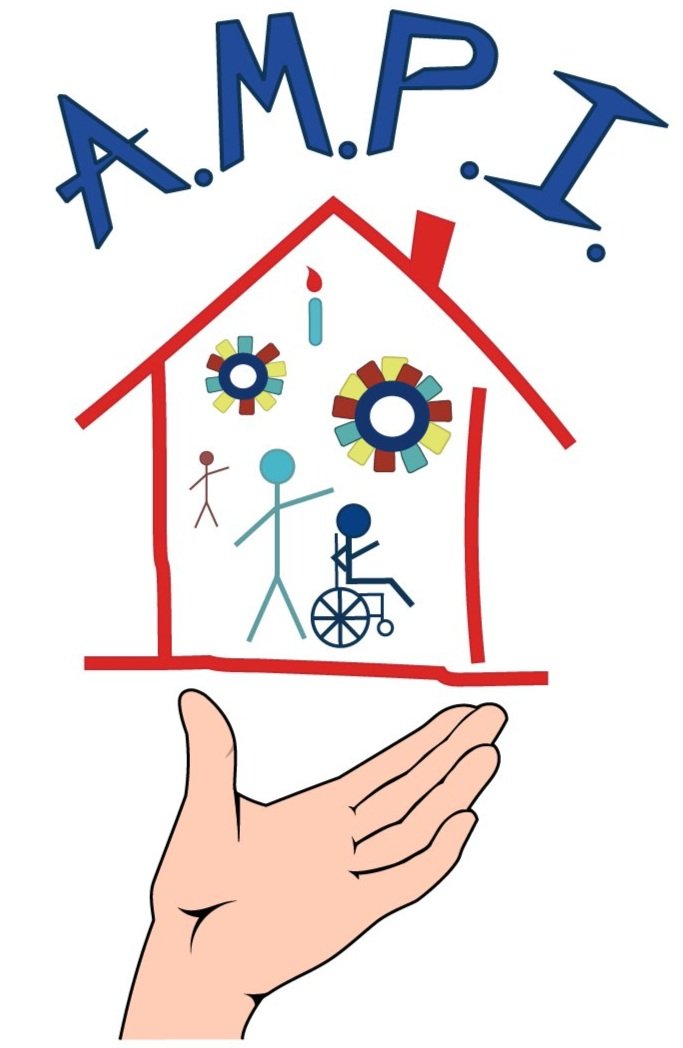The COVID-19 Vaccination
Facts for You and People with Disabilities You Support
Vaccine Facts
A vaccine is a biological product that stimulates a person’s immune system to produce immunity to a specific disease, protecting the person from that disease. The COVID-19 vaccine is administered in the upper arm by injection.
Different companies manufacture the vaccine. For vaccines that require two injections, follow the manufacturer’s schedule, and be sure to get the same brand of vaccine for each injection.
Side effects and adverse reactions; How they may appear in people with intellectual and developmental disabilities (IDD)
People with IDD, especially those who do not communicate with words, often express pain or discomfort through behaviors. Here’s a chart indicating some behaviors you may observe that could be associated with reactions to the vaccine.
Fatigue, Muscle or Joint Pain, Fever, Chills, Nausea or Vomiting, Pain, redness or swelling at the injection site, Swollen lymph nodes in the same arm as the injection, Not wanting to eat or drink, not acting like their typical selves, loss of interest in regular activities, sleeping more than usual, Irritability, striking out at others, wanting to curl up in a ball, wanting to sleep more, hitting the joint or area, guarding the area, refusing to participate in activities, Lethargy, decreased appetite, change in interest in activities, wanting to remain in bed covered up, Shaking that could resemble a seizure, change in behavior, covering themselves with a blanket, Refusing to eat or drink, resistance in going to the location where meals are served, refusing to take medications, rumination, Hitting or rubbing the injection site, guarding that arm, not using that arm, agitation, aggression toward themselves or others, Hitting at the arm, guarding that arm, increased agitation or self-abusive behavior.
How they might appear in people with IDD
As with any vaccine, medication, or other medical substance, a severe allergic reaction, called anaphylaxis, may happen. Fortunately, anaphylaxis is very rare. When it occurs, it is a medical emergency and treatment must be administered as soon as possible. Anaphylaxis is usually seen within 15-30 minutes after the vaccine is administered which is why people are observed at vaccine administration locations for a short time after receiving the vaccine.
Observation considerations for people with IDD
Most of the vaccine adverse side effects are seen within 1-3 days after administration. Monitor at least twice a day for 72 hours after vaccination for:
Fever, Elevated pulse, Shaking or chills, Change in eating or drinking patterns
Change in self-abusive behavior or aggression toward others
Change in sleeping pattern, Hitting, rubbing, or picking at the injection site
Resisting using the arm in which the injection was administered
Any change in a person’s baseline level of behavior or interactions
Should you note any of these, contact your nurse or a healthcare provider immediately. Notify a nurse or healthcare provider anytime you suspect something may be wrong.
Common Questions:
• Should someone who’s had COVID-19 take the vaccine? Yes, they should still get vaccinated. However, a person should not take the vaccine while they are actively infected with the virus. If someone has had COVID-19, they may delay getting the vaccination for up to 90 days. If a person is currently quarantined, wait until AFTER the quarantine period before receiving the vaccine.
• Can someone get COVID-19 from taking the vaccine No. There is no live virus injected, so a person cannot get COVID-19 from getting vaccinated.
• Is the vaccine really safe since it was pushed along so fast? The testing and clinical trials were the same as for any developed vaccine. Readily available funding and reducing the “red tape” paperwork was what allowed the vaccine to be available quicker.
• Does the vaccine change a person’s DNA? No. Even though some vaccines use messenger RNA to create the protein for a person’s body to develop antibodies, it does not alter a person’s DNA in any way.
• Can a person stop wearing PPE or a mask after they are vaccinated? NO! Please continue to take appropriate precautions for the safety of yourself and others. We know the vaccine can help prevent someone who is vaccinated from GETTING the disease, but more studies are needed to determine if the vaccine can prevent someone from spreading it.
• Do we still have to socially distance? YES! Again, people should follow the same precautions as they did before receiving the vaccine.
• I’ve heard the vaccine contains Polyethylene Glycol, the same medicine in MiraLAX®? Yes, the vaccines do contain this product. If someone has had an allergic reaction to polyethylene glycol or another ingredient in a vaccine, consult a physician before taking it.
• What about the long term effects of getting the vaccine? At this time, no known long-term effects have been identified. The manufacturers will continue to monitor for side effects.
For the latest information on vaccines and COVID-19, regularly visit the CDC website.
Created by HRS, Inc. (HRSTonline.com) in partnership with Irwin Siegel Agency (siegelagency.com) on 1/14/21
